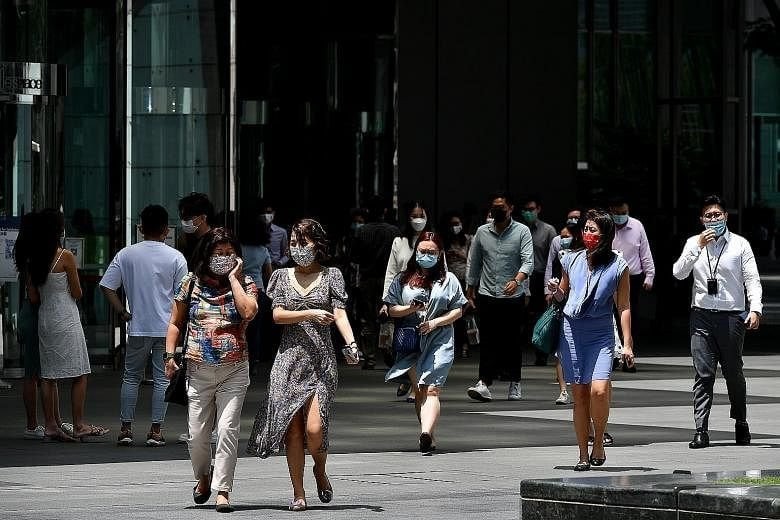
Image credit: Reddit
KUALA LUMPUR: A report out of Singapore research centre ISEAS Yusof Ishak Institute has recommended that Malaysia use its progressive wage policy (PWP) pilot programme to plug holes in the policy fashioned after Singapore's progressive wage model (PWM).
ISEAS Yusof Ishak Institute senior fellow Lee Hwok Aun in his paper entitled "Malaysia's Progressive Wage Policy: Looming Questions for the Pilot Project" said gaps and omissions in PWP's design raise questions about policy mechanisms and implementation, while Malaysia's greater geographic and socioeconomic complexity, compared to Singapore, suggests more fundamental structural challenges ahead.
Malaysia is currently piloting a voluntary scheme of the PWP with fixed amounts of wage subsidy, that will run until September 2024.
"The PWP pilot must proceed in the spirit of learning, conducting critical self-evaluation along the way," Lee said.
"Malaysia's greater geographic disparity and economic complexity, and gaps in its plan regardless of the cross country comparison, raise certain questions. The piloting period will need to provide answers on four main themes," he added.
The themes revolve around issues with setting multiple wage floors, accounting for cost-of-living variations, raising productivity, ensuring employer self-reliance, establishing enforcement, and managing the policy's exclusive application to Malaysians.
Lee said it remains unclear how the PWP will avoid becoming unwieldy in its prescription of multiple wage floors in diverse sectors and layers of occupations, and how the intervention will raise productivity and represent workers' interests.
He said the wide scope of PWP wage floors pose exceedingly steep challenges to the wage-setting process.
Lee said Singapore's PWM applies only to service sector occupations, and a reference to the stipulated wage ladders - in some cases, with 4 - 5 job rungs and corresponding wage progression - underscores the magnitude of the challenge for Malaysia, where the PWP presumably covers manufacturing, agriculture and construction as well.
He said the policy's emphasis on skills and training fills a gap in productivity-linked wage practices which focus on the reward but encounter problems with computing worker productivity without necessarily enhancing worker capability.
Further challenges include the lack of a clear enforcement framework, the restriction of benefits to citizens, and the absence of worker representation in the policy's governance.
"During the PWP's pilot phase, Malaysia must gather data and experience to address these issues. It should also consider regionally determined minimum wages, localised living wage programmes, and continually work on strengthening workers' bargaining power," he added.
Source: https://www.nst.com.my/business/economy/2024/07/1072218/malaysias-progressive-wage-policy-pilot-should-be-used-plug-holes

